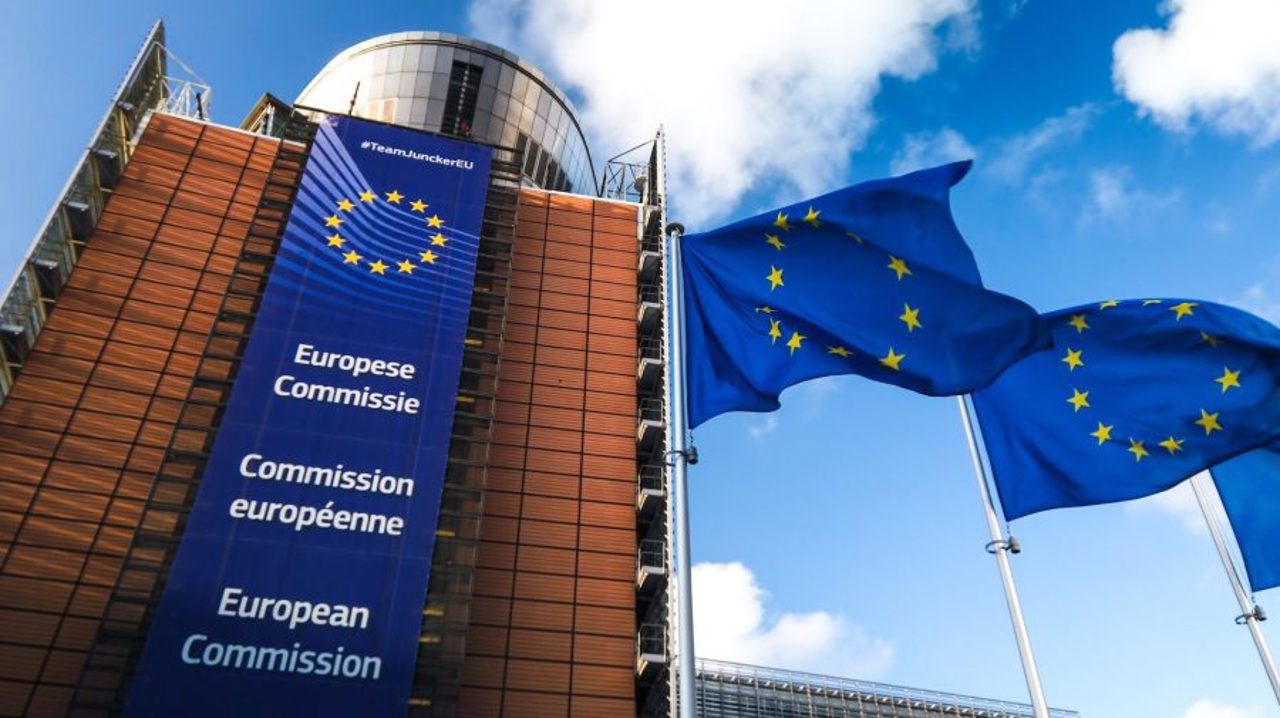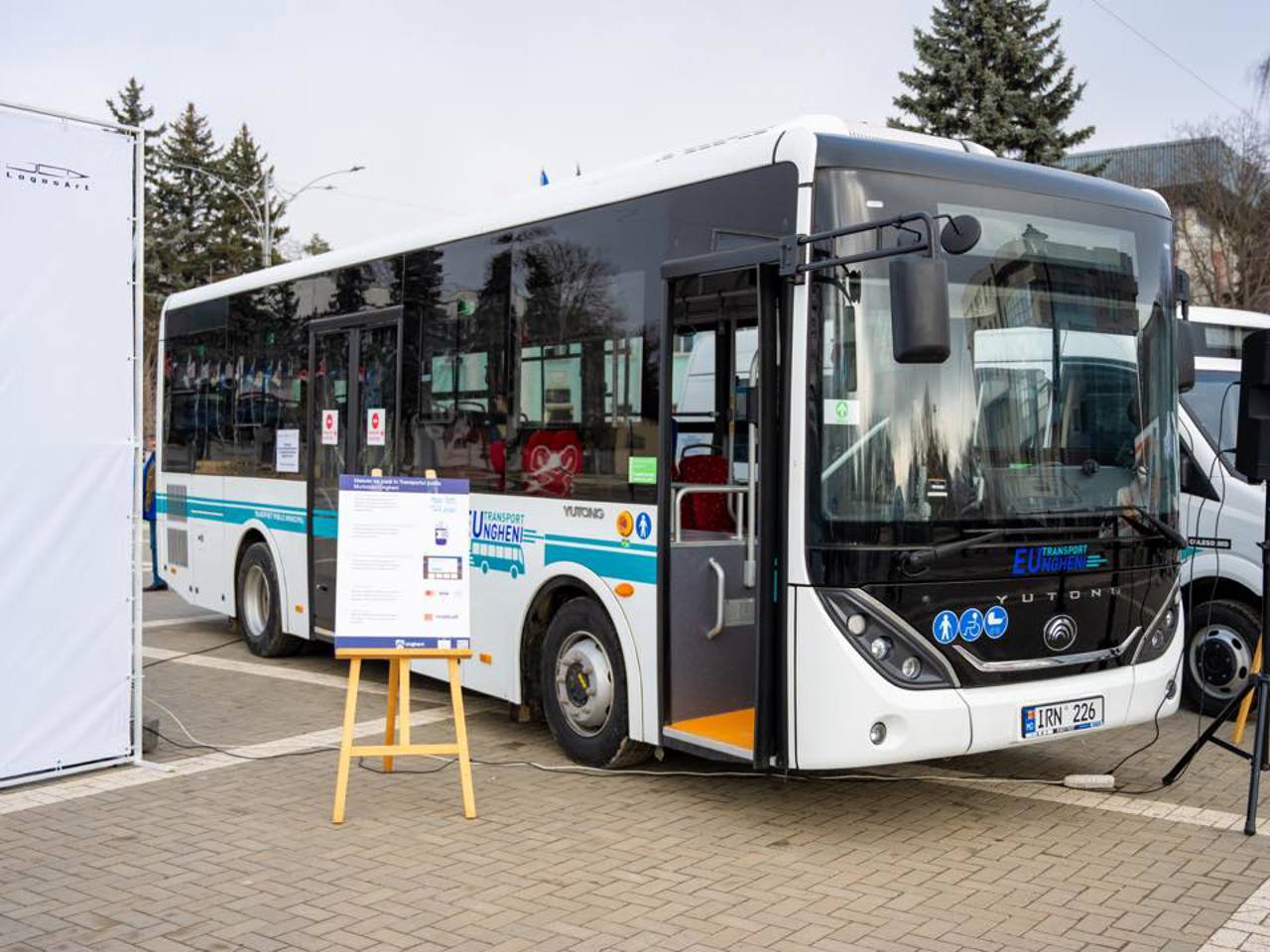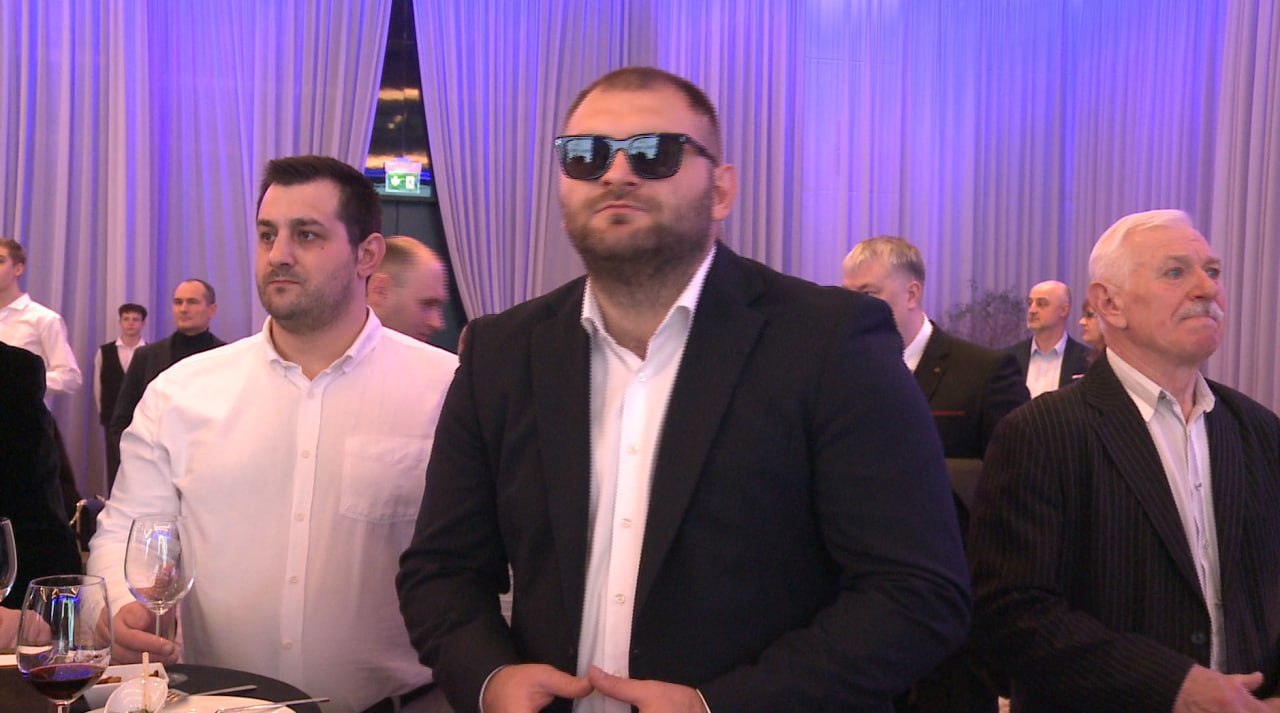EU to redirect billions from cohesion funds to defence
Brussels is set to revise its rules for spending cohesion funds, potentially redirecting tens of billions of euros towards defence and security.

This comes at a time of increasing pressure to boost military spending, with anticipation mounting over the potential return of Donald Trump to the White House.
The idea of Brussels supporting the European defence industry will likely be welcomed by countries on the EU’s eastern borders, which have significantly increased their military spending since Russia’s full-scale invasion of Ukraine.
The policy shift would apply to about one-third of the EU’s common budget, approximately 392 billion euros allocated from 2021 to 2027, funds intended to reduce economic disparities between EU member states.
The change was prompted by a report from the Financial Times, which revealed that only about 5% of these so-called cohesion funds have been spent so far, with the largest beneficiaries being countries like Poland, Italy, and Spain.
Under current rules, these funds cannot be used to purchase defence equipment or directly finance military forces, but investments in so-called dual-use products, such as drones, are allowed.
In the coming weeks, EU capitals will be informed that they will now have greater flexibility under these rules to allocate cohesion funds to support their defence industries and military mobility projects, such as reinforcing roads and bridges to safely allow the passage of tanks.
Germany is the cornerstone of European military mobility due to its geographic location, but its transport infrastructure is in poor condition. In 2022, the German Ministry of Economics estimated that the country urgently needs to invest 165 billion euros in roads, railways, and bridges. Germany is set to receive 39 billion euros in cohesion funds by 2027.
In November 2022, it was revealed that the French tanks sent toward Romania could not travel on Germany’s roads, while American tanks were permitted to do so. The transport of the Leclerc tanks, which were meant to reach the NATO base in Cincu, Romania, was delayed due to a refusal of road transit by Germany.
Reports at the time detailed the challenges faced by the French military in transporting heavy equipment to Romania, particularly the "lack of uniformity in European border crossing rules for military equipment." The transport of the Leclerc tanks was ultimately delayed because of a "categorical refusal of road transit by Germany," despite similar regulations applying even to the Bundeswehr, Germany's own military.
The tanks were eventually transported by train, a slower but necessary alternative. This delay was explained by the technical operation of Germany’s bureaucracy. German road laws stipulate that the maximum load per axle, specifically 12 tons, must not be exceeded. This provision applies even to allied military forces. However, the French army acknowledged that once the Leclerc tank was loaded, two axles of its transport vehicle exceeded the 12-ton limit set by German regulations. Therefore, the decision was made to transport the tanks by rail through Germany.
It is no surprise that countries like Poland have welcomed the European Commission's proposal. Poland has been particularly vocal in urging the Commission to do more for defence. The country spent 4.1% of its GDP on defence this year, double the NATO target of 2%, and plans to reach 4.7% by 2025.
Earlier this year, Donald Trump warned NATO allies that, should he return to the White House, he would encourage Russia to do "whatever the hell they want" if alliance members fail to meet their defence spending targets.
Cohesion Funds and Their Allocation
EU countries have spent relatively little of their cohesion funds so far, prioritising instead the billions allocated for recovery from the Covid-19 pandemic, which will expire in 2026.
Poland has typically spent a relatively large share of its cohesion funds compared to its EU peers but has lagged in the current budget cycle due to funds being frozen by Brussels in 2022 over rule-of-law concerns. Payments only resumed after Prime Minister Donald Tusk took office in December of last year.
The proposed policy change to support defence spending will also be welcomed by net contributors to the EU budget, such as Germany, the Netherlands, and Sweden, who view the use of existing funds as preferable to issuing common debt or providing additional EU financing.
Author: Dan Alexe
Translation by Iurie Tataru




